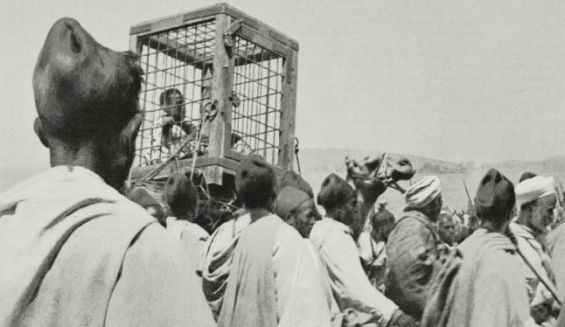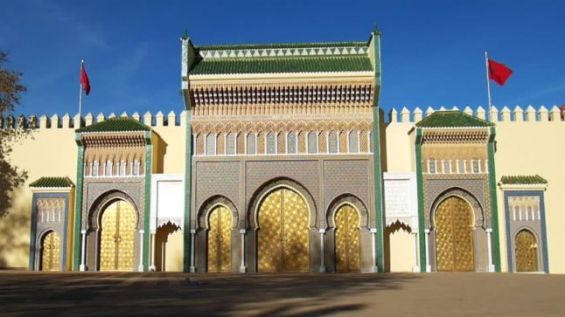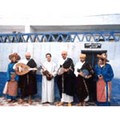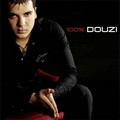Since the beginning of the 20th century, several Moroccans pretended to be «linked» to the royal family. From Bou Hmara in the 1900s to other figures that lived in the Kingdom and abroad, some of these «pretenders» did that to gain fame while others used their claims as a cover for their criminal activities.
One of these first accounts emerged while Morocco was torn apart by internal conflicts, a pretender to the throne sought the opportunity to spread his lies. The story of Bou Hmara or Jilali ben Driss Zihrouni al-Youssoufi, an angry court official, is one of the few accounts of pretenders to the throne that marked the history of the Kingdom.
Bou Hmara, or «Rogui» as others like to call him, caused riots, stirred controversy within the royal court and divided tribes in Morocco just to take revenge. And as they said «revenge is a dish best served cold».
Bou Hmara, the pretender
It all started for Bou Hmara, when he was alienated, fired and humiliated after holding a senior position within the royal court. Bou Hmara who was secretary to Moulay Omar, the brother of sultan Moulay Abdelaziz, returned with a revenge plot after a short stay in Algeria.

The «exiled court official returned to Morocco and claimed in Taza, in 1902, that he was the eldest son of the late Hassan I and rightful heir to the throne occupied by young sultan Abdel Aziz», Susan Searight wrote in her book «Maverick Guide to Morocco», (Pelican Publishing).
The same book recalls that the Rogui «persuaded the Berber tribes, always ready for a fight, to rebel against the sultan and he remained a master of Taza until 1909».
Indeed, Bou Hmara, who gained this title for riding a female donkey, had a tragic end to his vengeance plot. «His underhanded dealings with the Spanish over mining rights in the Rif and his rough treatment of the local people had lost him the support of the tribes and Moulay Abd Alhafid, the new sultan, managed to capture him», Searight explained.
After pretending to be the son of the sultan, Bou Hmara had to undergo the punishment the real sultan mulled for him once captured. While some accounts suggest that he was imprisoned in a small cage, others claim that he was fed to the lions in the sultan's menagerie.
The French man who pretends to be Mohammed V’s «unwanted son»
He is a Moroccan-born French engineer, who claims that he is the «unwanted son» of king Mohammed V. Born in 1945, Serge-Michel Bena, also known as Al Haloui Abd el Hafid Ibn Mohammed, strongly believes that he is the «son» of the late king and sultan of Morocco.

Bena had even written a book about this story, claiming that his late mother, a former royal palace employee, gave birth to him after a relationship that she «would have had with the king». Titled «l'Amour fatal d'une Berbère» (The fatal love story of a Berber woman) and published in 2001, the book tells the alleged story of his childhood and his trip to France that, according to him, was a way to keep him away.
After publishing his book, this French «pretender» returned to Morocco, where he got arrested for a murder he says he «had never committed». In a 2009 article published by Le Parisien, his lawyer and son reported that the then 64-year-old man was convicted for «killing a merchant in Casablanca».
Since then, Serge-Michel Bena has been serving a life sentence for the murder that took place in 1986.
Hicham Mandari, the «fraudster»
In Morocco, Europe and the United States, few knew his real identity while others fell for his «plots» and «frauds». Hicham Mandari made headlines in the 2000s, when he was murdered in southern Spain.
This tragic ending came after he rose to fame as the alleged «cousin» and then «son» of king Hassan II. In 1998, and after living off his lies and desperate claims, Mandari fled Morocco and settled down in the United States, after a series of fraud cases that linked his name to the Royal Palace.
«Settled in the United States, he led a campaign that threatened to 'seriously harm' the interests of the royal family», said the Associated Press following his death. Mandari was then «extradited in 2002 to France as part of his involvement in a colossal counterfeit currency denominated in Bahrain dinars».
In France, he was notably found guilty of «blackmailing» Moroccan billionaire Othman Benjelloun. He had been released under judicial supervision by a French court in July 2004, three weeks before his death.
Hicham Mandri, whom the French newspaper Courrier International described as a «former spy», was first believed to be an «adviser to the King of Morocco» then a «cousin» of King Mohammed VI, before claiming that he was the «biological son» of King Hassan II.

More than a year and a half after his assassination, the Spanish Civil Guard announced in 2006 that they had identified his murderer. «It would be another Moroccan, Hamid Bouhadi, aka Ait Mana Hacham, who would be held since January in a French prison for attempted murder», reported Le Monde.
A bullet in the head in the parking lot of a residence near Malaga would have been, according to the Spanish police, the result of an «old dispute between the two men who both took part in criminal activities».
Hicham Mandari was not the only one who pretended to be the «son» of King Hassan II. In July 2005, the story of an Israeli woman who claimed to be the «daughter» of the late king of Morocco, emerged, making headlines in Israel.
This woman, who appeared on the cover Tel Aviv-based newspaper Yedioth Aharonot, holding the picture of King Hassan II, presented herself as a «50-year-old cashier who lives in Eilat». She said that she was married and is a mother to two children. The woman said that she is the «illegitimate daughter of the king of Morocco».




 chargement...
chargement...












